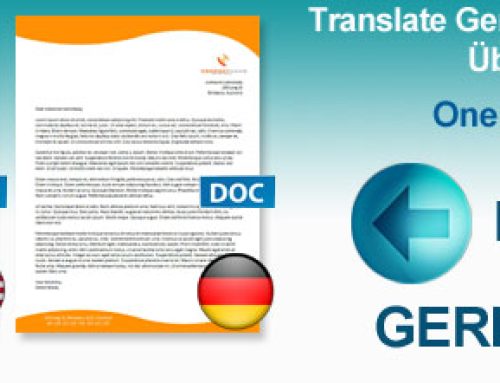Chances are that you almost never read the Terms of Service of every site you visit or use but if you’re using Google’s tools, you might be surprised to find out just how private your information is and how much control they have over the information you think is safe and secure for no one else to see.
Today’s post focuses on Google’s Terms of Service, more specifically their privacy terms. We thought we should bring this to your attention so you have all the facts and can be fully aware of how Google is using the content you’re copy and pasting into Google’s free translation.
![]()
The following are two excerpts from Google’s TOS that really shook us up.
“ …By submitting, posting or displaying the content you give Google a perpetual, irrevocable, worldwide, royalty-free, and non-exclusive license to reproduce, adapt, modify, translate, publish, publicly perform, publicly display and distribute any Content which you submit, post or display on or through, the Services.”
“… You agree that this license includes a right for Google to make such Content available to other companies, organizations or individuals with whom Google has relationships for the provision of syndicated services, and to use such Content in connection with the provision of those services.”
[divider style=”hr-solid”]
So, if you have been using Gmail, Docs or Google’s free online translation tool, you have actually entitled Google to use your content and have also accepted to give up all rights to the privacy of your entire information. This means that if you have been copy and pasting sensitive information into Google Translate’s little box, that content instantly becomes the property of Google.

If you are a translator and are using this product to translate confidential documents, this is something you should be aware of as Google uses the content you translate for future translation unit matches. In other words, when you use Google Translate you give Google the access to both the source as well as the target text in which you’re translating it. This helps them replicate the matches when another person is trying to translate similar text strings or phrases.
There have been cases where Google has not only returned a perfect match on a translation, but has also included client information, such as company names. This is scary as you can be translating sensitive documents and later discover it has become public somehow and have no possibility to delete it. This is particulary important to translators because they are dealing with confidential client information and a possible disclosure of this data can cost them not only the client, but also their entire reputation.
Also, do keep in mind that you’re taking a risk not only with Google Translate, but with any online translator out there. That’s why the best solution when translating confidential documents is to install software on your computer and run translations directly from your PC. This way you won’t have any unpleasant surprises and you can ensure the information stays with you and is not shared with the world.
When you are using a product such as Systran’s translation software, you have piece of mind because you know the information included in the document you’re translating is kept private and no one else has access to it but you.
What are your thoughts on Google’s privacy issues? Let us know in the comments below.






